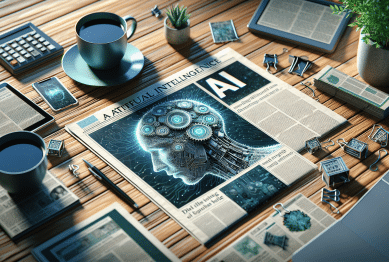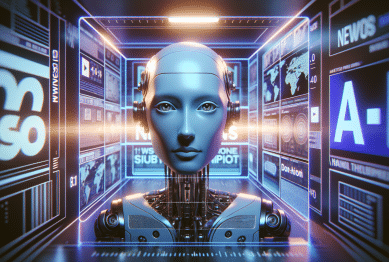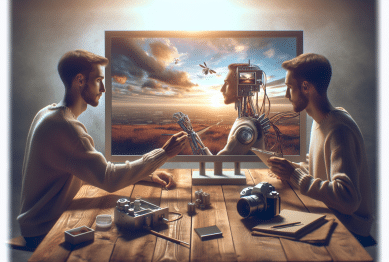In recent years, personal development has evolved from a niche interest to a mainstream pursuit, with individuals seeking ways to enhance their skills, mindset, and overall well-being. As we progress through 2025, several practices have emerged as particularly effective in fostering personal growth. This article explores these practices, supported by current trends and expert insights.

The Rise of AI-Enhanced Coaching
Artificial Intelligence (AI) is revolutionizing personal development by providing personalized coaching experiences. AI-driven platforms analyze individual behaviors, preferences, and goals to offer tailored advice and resources. This technology enables users to receive real-time feedback and guidance, making personal development more accessible and efficient.
For instance, platforms like Replika and Youper use AI to simulate conversations that help users explore their thoughts and emotions, promoting self-awareness and emotional intelligence. These tools are especially beneficial for individuals seeking flexible and private coaching options.
Integrating Mindfulness and Meditation
Mindfulness and meditation practices have long been associated with stress reduction and enhanced focus. In 2025, these practices continue to be integral to personal development routines. Apps like Headspace and Calm offer guided sessions that help users cultivate mindfulness, leading to improved mental clarity and emotional regulation.
Research indicates that regular mindfulness practice can lead to structural changes in the brain, enhancing areas related to attention, memory, and emotional processing. Incorporating mindfulness into daily life can therefore support sustained personal growth.
Emphasizing Emotional Intelligence (EQ)
Emotional Intelligence (EQ) refers to the ability to recognize, understand, and manage one’s own emotions, as well as the emotions of others. High EQ is linked to better interpersonal relationships, effective leadership, and overall mental well-being.
In 2025, there is a growing emphasis on developing EQ through various personal development programs. Workshops, online courses, and self-help resources focus on skills such as empathy, self-regulation, and social awareness, all of which contribute to personal and professional growth.
Adopting Continuous Learning Habits
The concept of lifelong learning has gained prominence as industries evolve and new technologies emerge. In 2025, individuals are increasingly engaging in continuous learning through online courses, webinars, and self-directed study.
Platforms like Coursera, Udemy, and LinkedIn Learning offer a wide range of courses that cater to various interests and career paths. By adopting a mindset of continuous learning, individuals can stay adaptable and competitive in a rapidly changing world.
Building Resilience Through Challenges
Resilience—the ability to bounce back from adversity—is a crucial component of personal development. In 2025, there is a focus on building resilience by embracing challenges and learning from setbacks.
Programs that encourage stepping out of comfort zones, such as adventure-based learning and exposure to diverse experiences, are gaining popularity. These practices help individuals develop coping strategies and a positive outlook, even in the face of difficulties.
Leveraging Digital Detox for Mental Clarity
In an age dominated by digital devices, taking intentional breaks from technology has become essential for mental health. Digital detox practices involve setting aside time to disconnect from screens, allowing individuals to recharge and refocus.
Research suggests that regular digital detoxes can reduce stress, improve sleep quality, and enhance cognitive function. Incorporating these breaks into daily routines can support sustained personal development by fostering a balanced lifestyle.
Fostering a Growth Mindset
Coined by psychologist Carol Dweck, the concept of a growth mindset emphasizes the belief that abilities and intelligence can be developed through dedication and hard work. In 2025, fostering a growth mindset is central to personal development practices.
Individuals are encouraged to embrace challenges, learn from criticism, and persist in the face of setbacks. This mindset not only enhances personal growth but also contributes to greater achievement and satisfaction in various aspects of life.
Conclusion
As we navigate through 2025, personal development continues to be a dynamic and evolving field. By integrating practices such as AI-enhanced coaching, mindfulness, emotional intelligence development, continuous learning, resilience building, digital detoxes, and fostering a growth mindset, individuals can support their growth and well-being. Embracing these practices can lead to a more fulfilling and successful personal journey.
References
- Forbes. “The Future of Personal Development in 2025.” https://www.forbes.com/sites/forbescoachescouncil/2025/01/10/future-of-personal-development
- Harvard Business Review. “Building Emotional Intelligence for Personal Growth.” https://hbr.org/2025/02/building-emotional-intelligence-for-growth
- McKinsey & Company. “Lifelong Learning and Personal Growth Trends.” https://www.mckinsey.com/industries/education/our-insights/lifelong-learning-trends





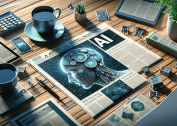
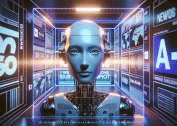

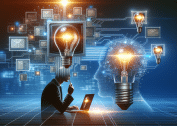
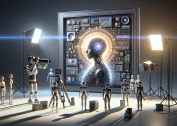
 Ways to Create a Morning Routine That Boosts Productivity
Ways to Create a Morning Routine That Boosts Productivity 